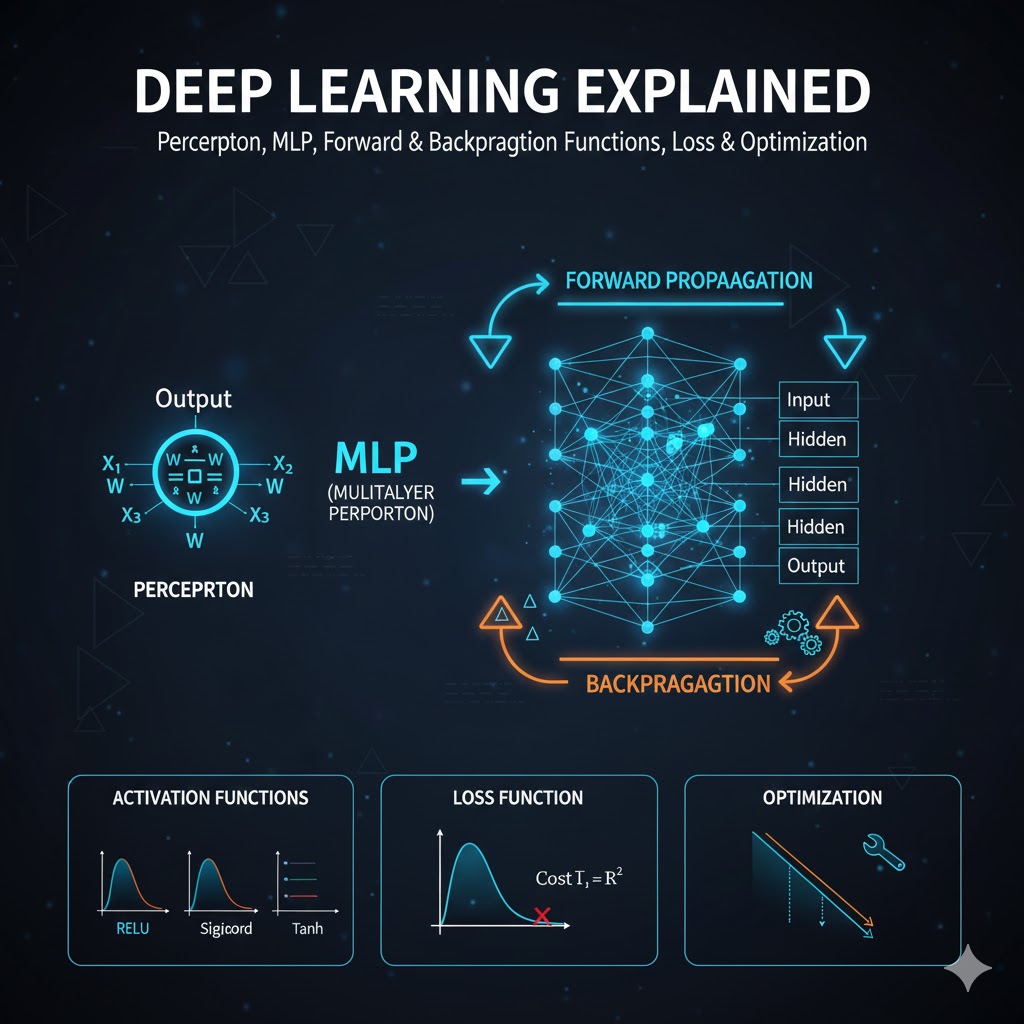Introduction
Quantum computing, once a theoretical concept confined to the realms of physics and computer science, is rapidly becoming a transformative force in the technology sector. Leveraging the principles of quantum mechanics, quantum computers promise to solve complex problems that are currently intractable for classical computers. This article delves into the fundamentals of quantum computing, its current state, potential applications, challenges, and the profound impact it is poised to have on various industries.
Understanding Quantum Computing
Fundamentals of Quantum Mechanics
Quantum computing is based on the principles of quantum mechanics, a branch of physics that deals with the behavior of particles at the atomic and subatomic levels. Key concepts include superposition, entanglement, and quantum bits (qubits).
- Superposition: Unlike classical bits, which can be either 0 or 1, qubits can exist in a superposition of both states simultaneously. This allows quantum computers to process a vast amount of information in parallel.
- Entanglement: Entanglement is a phenomenon where qubits become interconnected such that the state of one qubit directly influences the state of another, regardless of distance. This property enables quantum computers to perform complex computations more efficiently.
- Qubits: Qubits are the fundamental units of quantum information. They can be implemented using various physical systems, including trapped ions, superconducting circuits, and photonic systems.
Quantum Computing Models
There are several models of quantum computing, each with its own approach to harnessing quantum mechanics for computation.
- Quantum Gate Model: Analogous to classical logic gates, quantum gates manipulate qubits to perform operations. Quantum circuits are built using these gates to execute algorithms.
- Quantum Annealing: This model focuses on solving optimization problems by finding the lowest energy state of a system. D-Wave’s quantum annealers are a notable example.
- Topological Quantum Computing: This approach uses quasi-particles called anyons and braids their world-lines to perform computations. It promises to be more error-resistant than other models.
Current State of Quantum Computing
Technological Advances
Significant strides have been made in developing practical quantum computers, with major technology companies and research institutions leading the charge.
- IBM: IBM’s Quantum Experience allows users to run experiments on their cloud-based quantum computers. They have developed the IBM Q System One, an integrated quantum computing system.
- Google: In 2019, Google claimed to have achieved “quantum supremacy” with their Sycamore processor, performing a computation that would take a classical supercomputer thousands of years.
- Microsoft: Microsoft’s approach focuses on topological qubits, aiming for more stable and scalable quantum systems.
- Honeywell: Honeywell has developed quantum computers based on trapped-ion technology, boasting high fidelity and long coherence times.
Quantum Software and Algorithms
The development of quantum algorithms is crucial for harnessing the power of quantum hardware. Key algorithms include:
- Shor’s Algorithm: Efficiently factors large integers, posing a threat to current cryptographic systems.
- Grover’s Algorithm: Provides a quadratic speedup for unstructured search problems.
- Quantum Machine Learning: Integrating quantum computing with machine learning to enhance data analysis and pattern recognition.

Potential Applications
Cryptography
Quantum computing has significant implications for cryptography. While it threatens existing encryption methods, it also paves the way for new cryptographic techniques.
- Quantum-Safe Cryptography: Researchers are developing cryptographic algorithms resistant to quantum attacks, ensuring data security in the quantum era.
- Quantum Key Distribution (QKD): QKD uses quantum mechanics to securely share encryption keys, promising unbreakable communication channels.
Drug Discovery and Healthcare
Quantum computing can revolutionize drug discovery by simulating molecular interactions at an unprecedented scale and accuracy.
- Molecular Simulation: Quantum computers can model complex molecules and predict their behavior, accelerating the development of new drugs and treatments.
- Personalized Medicine: Quantum algorithms can analyze vast amounts of genetic and medical data to tailor treatments to individual patients.
Optimization Problems
Many industries face complex optimization problems that quantum computing can address more efficiently than classical methods.
- Supply Chain Management: Quantum algorithms can optimize logistics, reducing costs and improving efficiency.
- Financial Services: Quantum computing can enhance risk assessment, portfolio optimization, and fraud detection.
Artificial Intelligence and Machine Learning
Quantum computing holds the potential to significantly boost AI and machine learning capabilities.
- Quantum Neural Networks: These leverage quantum mechanics to improve the training and performance of neural networks.
- Data Analysis: Quantum computers can process and analyze large datasets faster, providing deeper insights and better predictions.
Challenges and Future Outlook
Technical Challenges
Despite the promise of quantum computing, several technical challenges remain.
- Decoherence: Quantum states are fragile and can be easily disturbed by their environment, leading to errors in computations.
- Error Correction: Developing efficient quantum error correction techniques is crucial for building reliable quantum computers.
- Scalability: Scaling up quantum systems to handle more qubits while maintaining coherence and reducing error rates is a significant hurdle.
Ethical and Societal Implications
The advent of quantum computing raises important ethical and societal questions.
- Security Concerns: The potential to break current encryption methods poses a threat to data security and privacy.
- Economic Impact: Quantum computing could disrupt various industries, leading to shifts in employment and economic power.
- Accessibility: Ensuring that the benefits of quantum computing are accessible to all, and not just a few, is a critical consideration.
Conclusion
Quantum computing represents a paradigm shift in technology, with the potential to solve problems that are currently beyond the reach of classical computers. As research and development continue to advance, quantum computing is poised to transform industries ranging from cryptography and healthcare to artificial intelligence and finance. While significant challenges remain, the progress made so far suggests that the quantum future is closer than we might think. Embracing this technology responsibly and ethically will be crucial to unlocking its full potential and ensuring that its benefits are widely shared.









